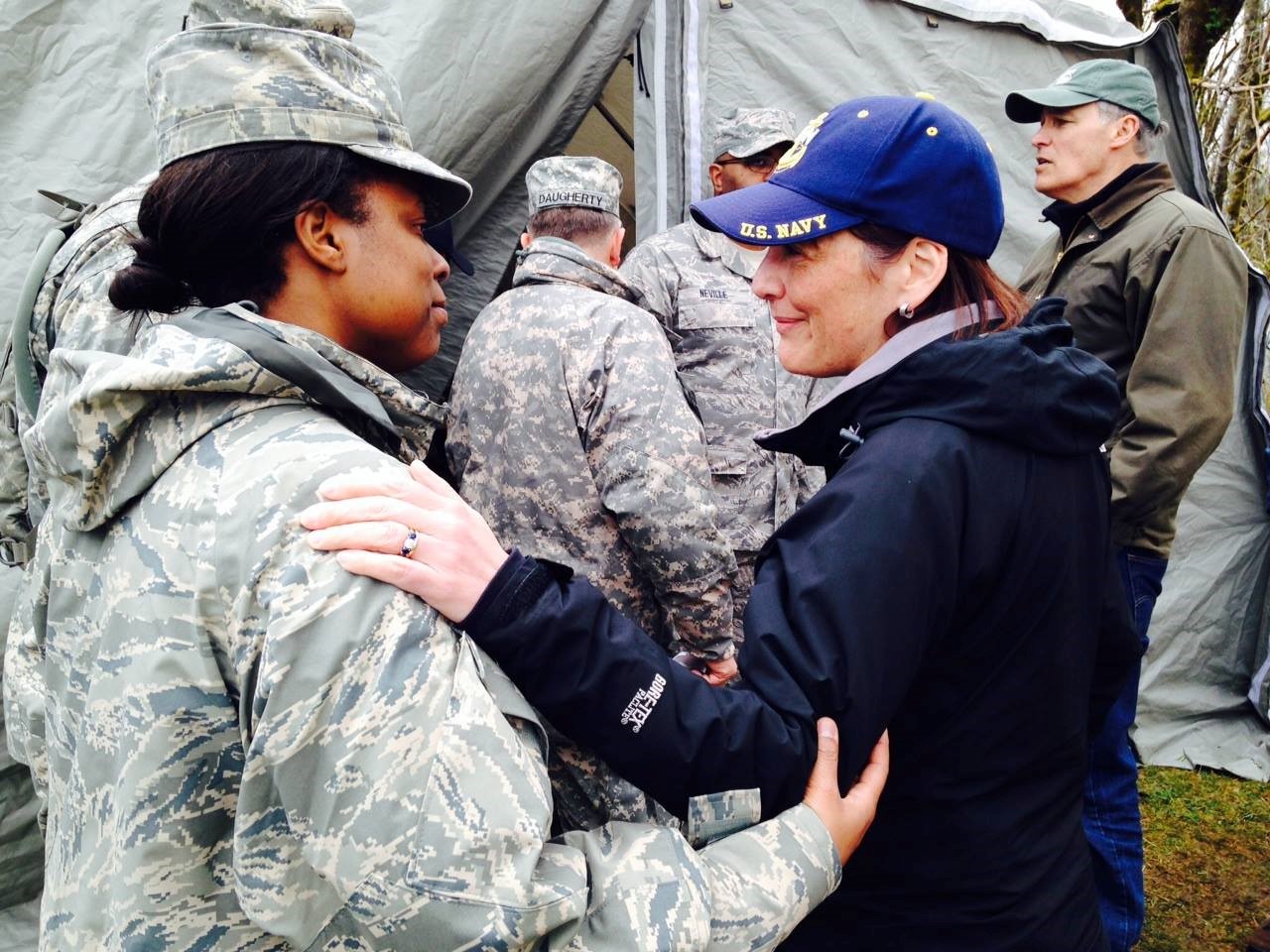National Security
|
Keeping Americans safe from the threats posed by terrorism and our foreign adversaries has to be our number one national security priority. In today’s challenging security environment, we need to develop smart responses to emerging threats. I am working to ensure that our nation remains vigilant against all dangers at home and protects our men and women in uniform serving abroad. Our nation’s safety starts with providing all military personnel and their families with the quality care and financial support they deserve. We cannot meet our homeland security challenges by chipping away at the benefits promised to the brave men and women who risk their lives to serve our nation. Significantly reducing our servicemembers and retirees’ benefits today will only hurt military retention and readiness in the long run. We also need to prioritize essential national security programs and systems aimed at shoring up our cybersecurity and combating threats emanating from state and non-state actors. The long-term security of our nation — including the safety of our power grid, U.S. businesses, and communities across the country — depends on ensuring that we are prepared with the right tools to counter these growing threats. In the aftermath of the 2020 election and the January 2021 siege of the Capitol, it’s also clear that these efforts must include protecting the integrity of our democratic processes and counter the rise of domestic extremism. While we need to sustain funding for programs that are critical to our national security, all federal agencies need to be examining their budgets for savings, including the Department of Defense. As Congress tackles challenging fiscal decisions, I will keep fighting to increase efficiency and reduce waste so unnecessary defense spending never comes at the expense of domestic programs that serve as lifelines for millions of middle-class families. In addition to supporting our military, American foreign policy must address the challenges of global health, poverty, and international development. Aiding the world's most vulnerable populations is not only our moral obligation but also a vital investment in addressing and preventing future crises abroad. America currently spends less than 1 percent of its federal budget on foreign aid, but these relatively modest investments we make in promoting health education, providing humanitarian assistance, and partnering with less developed countries advance our national security interests abroad and have a direct impact on our safety at home. As demonstrated by the rapid spread of COVID-19, what happens abroad can have dramatic consequences here at home. |

